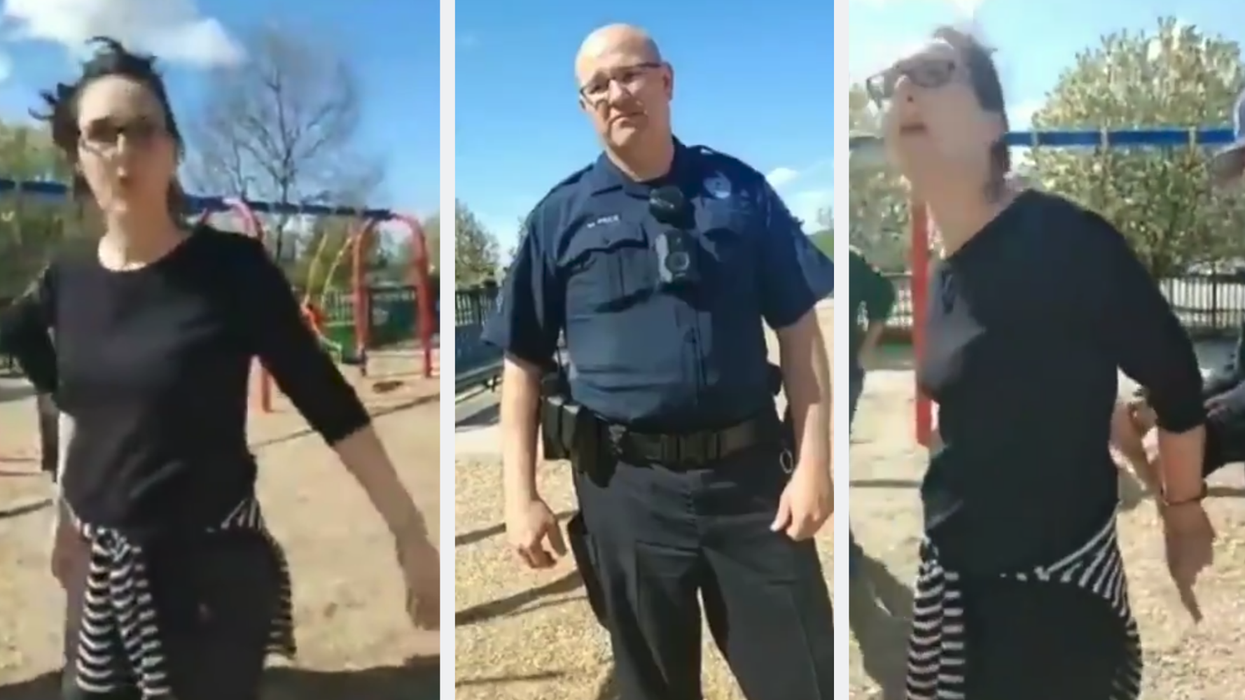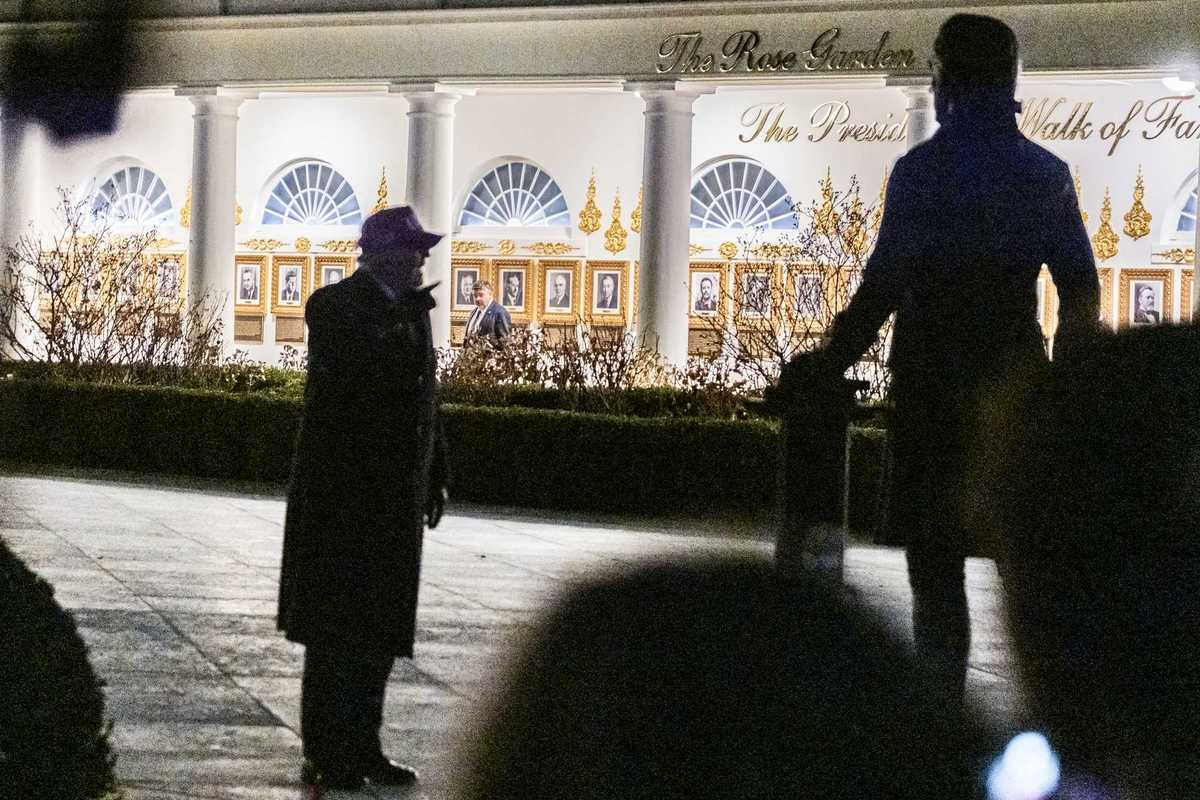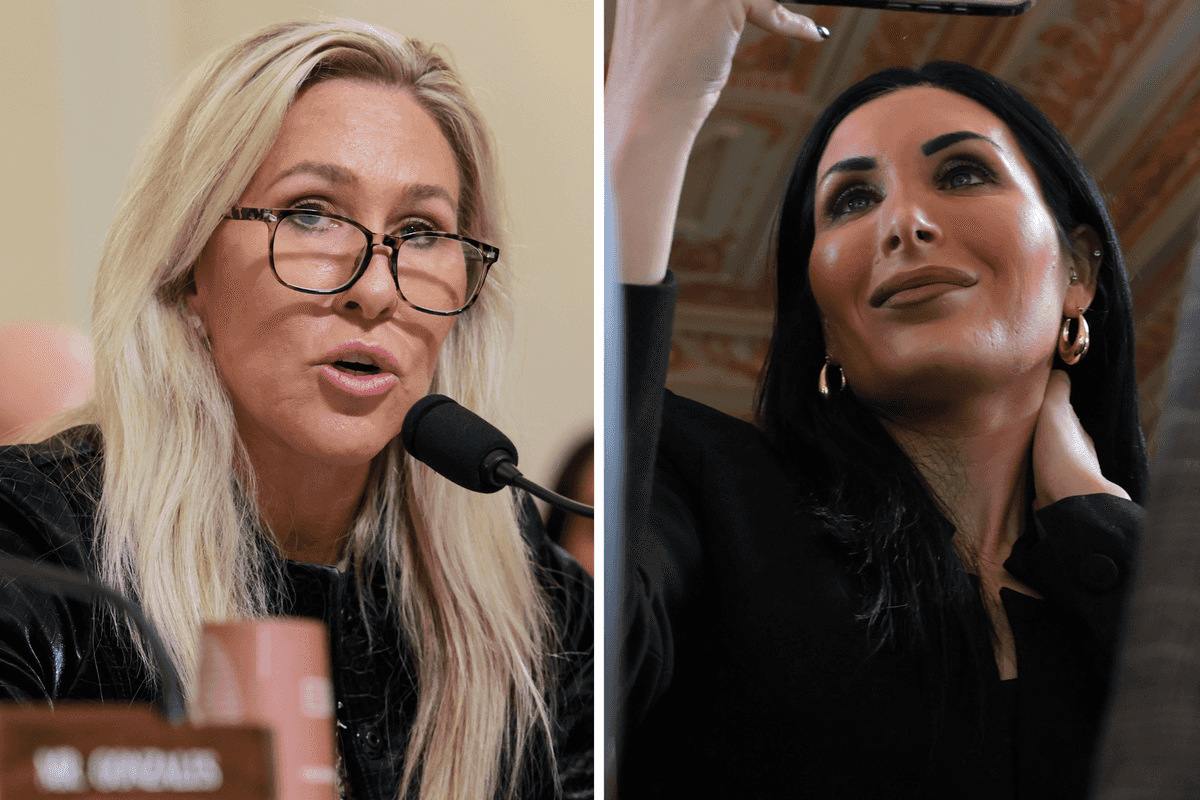News
Moya Lothian-McLean
Apr 24, 2020

Facebook
An awful lot of hot-button topics are coming into direct conflict with Covid-19.
Think long-running debates around how much the state should support its citizens or whether healthcare should be free (yes).
But anti-lockdown protests have caused a clash between first amendment rights to freedom of peaceful assembly and speech and direct federal orders to stay at home.
While larger protests have seen a strange absence of policing – something black leaders in the US have already pointed to as a racial disparity – smaller displays of defiance have resulted in brushes with the law.
Like the evangelical preacher still holding in-person services who was arrested after driving a bus towards a counter protester.
Now an Idaho mother has prompted a heated discussion about white privilege after her arrest for violating city orders.
Sara Brady was taken into custody by officers at a park in Meridian, Idaho when she apparently refused multiple instructions to leave a playground that was closed in an attempt to prevent coronavirus spread.
The incident was reportedly streamed live to Facebook in a 40-minute video and Brady’s arrest prompted more protests outside the Meridian City Hall after anger at her treatment.
However, it was later revealed that Brady was present in the park with other mothers as part of a “playdate protest” and that she is well known in the community as an anti-vaxx advocate.
In fact, she’s been described as the “Rosa Parks of exposing children to deadly viruses”.
So she’s got form.
And clips of Brady’s arrest have prompted people to take to social media to accuse her of a serious case of white privilege.
One snippet of video, posted by journalist Yashar Ali, shows Brady and another woman, who is recording the interaction, arguing with a police officer politely asking them and their companions to move.
“Well it’s a public park so I do wonder why it’s being closed when it’s a public park,” says Brady’s companion. “I mean we’re not breaking the law.”
“The city closed it,” the officer responds.
“Under what grounds?” the woman responds.
Brady then chimes in to say they pay their taxes and the park’s closure is “unconstitutional”.
We’re paying taxes now, we don’t get a refund on the parks [being closed]. You’re the line of enforcement on an order that quite frankly is unconstitutional.
The pair continue to argue with officers who remain extremely polite but firmly ask them to leave.
“Exit the playground now,” another officer says. “You have five seconds”.
The pair refuse to move with Brady goading the officer to “Arrest me... do it,”.
“Record it,” she says to her companion.
An officer then cuffs Brady while her companion says “Officer, you don’t want to do that,” in a warning tone.
Brady then instructs someone to call the organisation who organised the playdate protest while her friend yells that she’s being arrested for “being on a public playground” and demands the arresting officer’s name and badge number.
And the confidence of the woman during the entire incident, coupled with the respectful demeanour of the police, sits in striking contrast with how black individuals are treated, even when they’ve committed no offence, say commentators.
Twelve-year old African-American Tamir Rice was shot dead by a white officer as he played with a toy pellet gun in a park in Ohio in 2014.
The officer was never formally charged with any crime in relation to his death.
Others saw similar discrepancies in the exchange between the officers and the white women.
“The astroturfing and privilege are bad enough,” wrote news correspondent Joy Reid.
But as a black person you watch how differently these interactions go down than they did with Tamir Rice or Philando Castille and on and on ... the pleading vs the screaming orders ... the patience vs the snap judgments ... my God…
They even drew the sharp tongue of Cyrus Habib, the lieutenant governor of Washington.
“I hope my constituents know that, if they need to be obnoxious, they should do so by emailing or DMing me and my fellow elected officials, not by abusing law enforcement, who are just doing their jobs,” he said.
Ah, the 28th amendment: the right to be obnoxious while white.
Top 100
The Conversation (0)













